Jane Seymour Talks 'Unseenism,' Aging, Advocating for Yourself and More
It’s hard to believe that Emmy and Golden Globe winner Jane Seymour has experienced the current phenomenon of “unseenism” in medical practices, where gender and age biases can leave patients feeling overlooked or unheard. Jane says it can dramatically shape the health decisions of women – especially those who are over the age of 40.
“I think when you get older they kind of look at you like, ‘Oh well, she’s past her prime. She’s a little old woman; she’s not important,'” Seymour says.
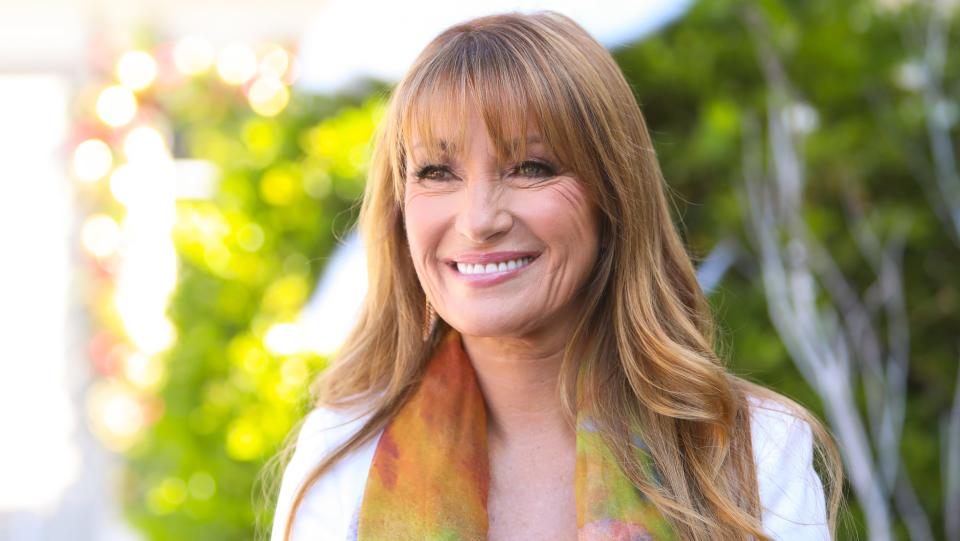
Paul Archuleta/Getty Images
Unseenism isn't only in the doctor's office. “I can remember buying a car for myself," she adds, "but a male friend was with me and the salesperson kept addressing him and I was the one buying the car for myself. I’ve had things break down in my household and I call up and say, ‘Can you help me with this?’ The man will actually look over my head and find the nearest man in the room to talk to about it. It’s like I’m unseen. I tell them, 'Excuse me, I own this house, I pay for it. Please respect me.'”
Jane Seymour speaks out on "unseenism"
Recently, the award winning actress, artist, philanthropist and successful entrepreneur Jane Seymour spoke to a panel for global biopharmaceutical company Insmed’s “Speak Up in BE” campaign to help raise awareness about a condition called Bronchiectasis (BE) a disease where your airways become permanently widened, making it harder for you to clear mucus and bacteria, and “unseenism” through educating and encouraging women to speak up and be themselves.
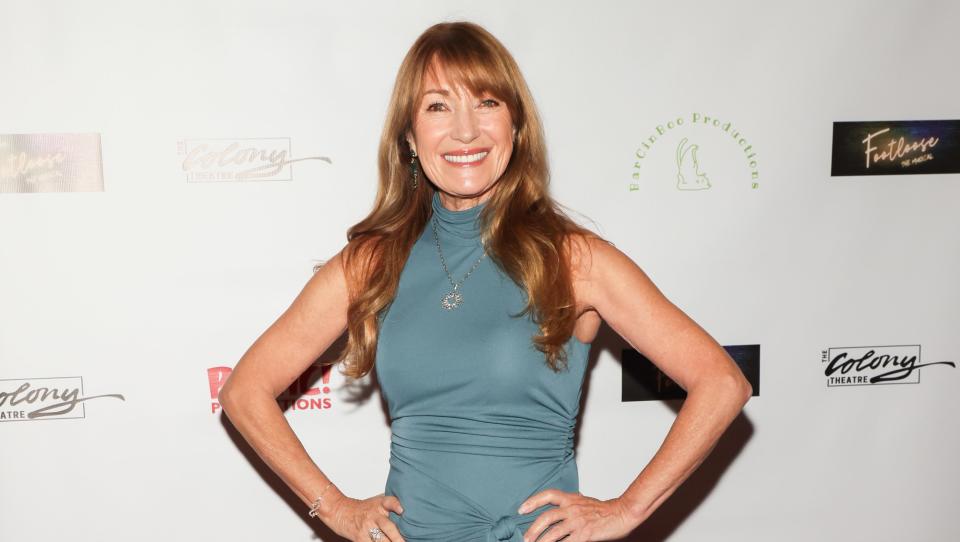
Paul Archuleta/Getty Images
“Be your own person," Seymour proclaims, "appreciate this body, this psychology, this mental attitude and this spiritual creature that we are. I want to bring a sense of belonging to this serious issue.”
Seymour gets candid in her new campaign, admitting she has encountered ageism not only in Hollywood, but in private medical situations as well. “Sadly, I have experienced medical maladies that were not addressed by the doctor and I have since changed doctors. I’ve been told I’m just getting older so get used to it.”
"I'm 73 and I don't feel old"
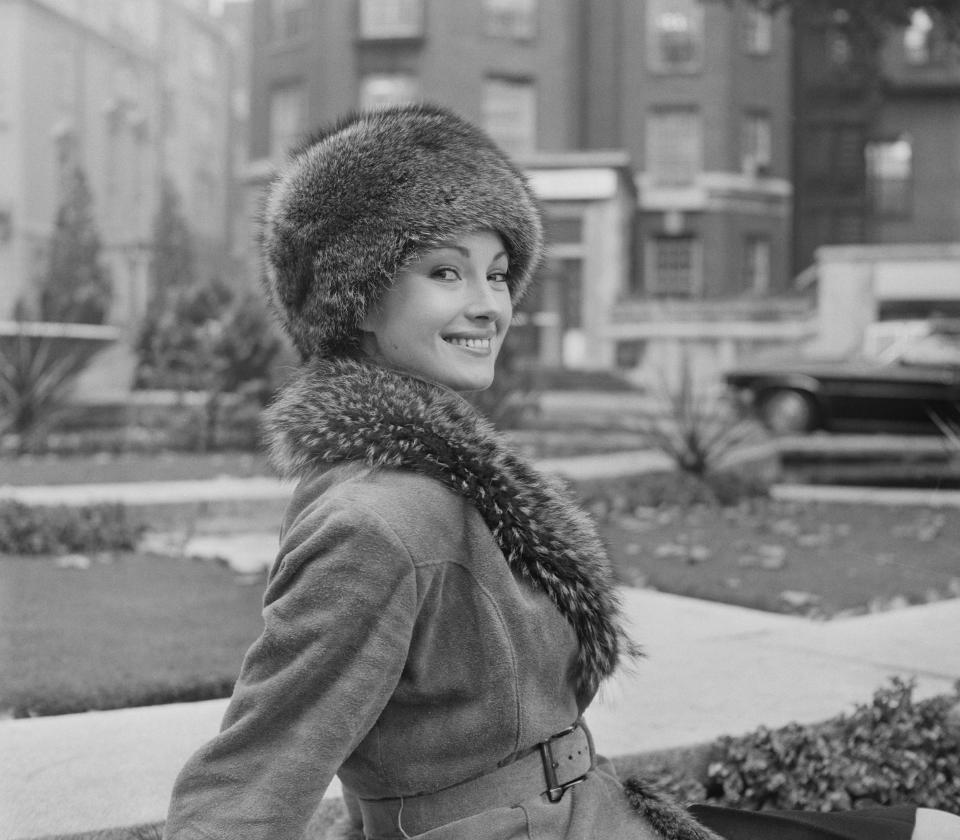
J. Wilds/Keystone/Hulton Archive/Getty Images
What intrigued Seymour about this campaign was twofold; one was being the daughter of a physician and the other, having medical issues of her own.
“I’m 73 and I don’t feel old,” she says. “I think learning how to advocate for yourself is incredibly important at any age. Personally, as an actress, I’m going out there making movies that I think are important and interesting for women my age. I love playing older women, talking about relationships at different ages.”
Seymour's advice before seeing your doctor
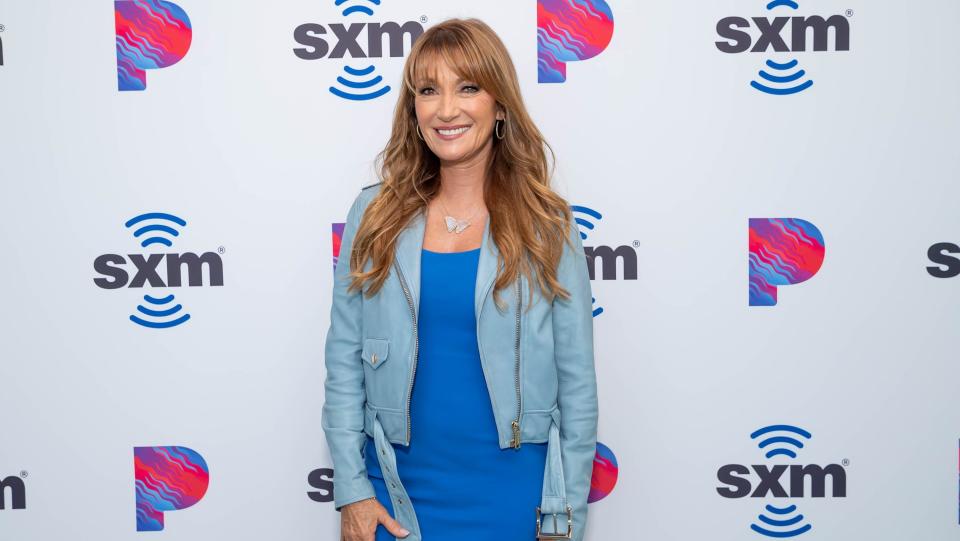
Emma McIntyre/Getty Images for SiriusXM
Insmed conducted a survey of patients with bronchiectasis (BE), a chronic and often progressive lung disease, with 79% of respondents with the disease saying they have felt more unseen as they age. Seymour is well aware of a doctor’s time restraints, so she suggests you be well-prepared before you step foot inside a medical office.
“Do your homework before you go and know you have that time with that healthcare professional in that setting. Have a few notes and questions at hand and when you look at your notes and actually don’t need them, say, 'Okay, I think we’ve covered that.'"
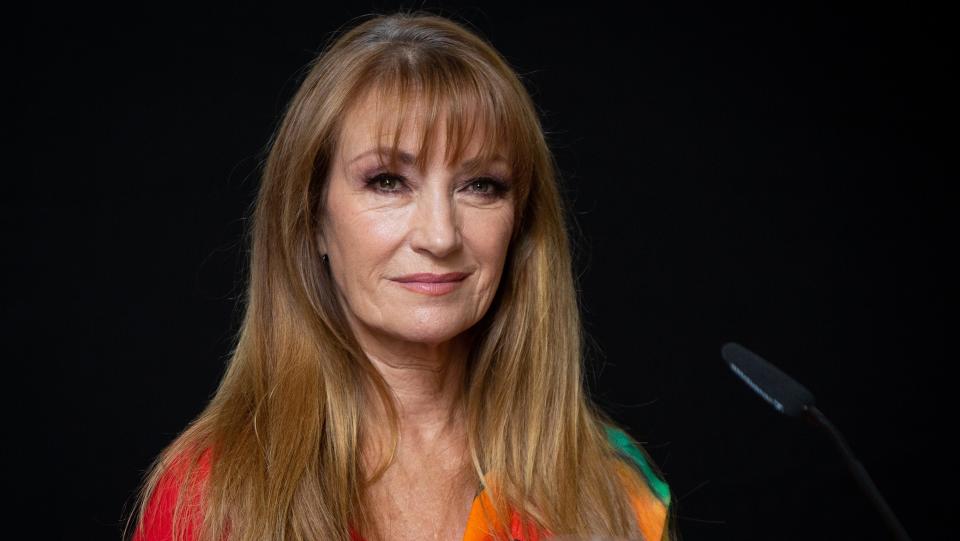
Pablo Cuadra/WireImage/Getty Images
She continues, "Don’t waste their time. Listen to what they have to say, but also make sure they hear what you know about your own body. And if you can’t remember everything, ask the doctor if you can record your visit. I do. I have my iPhone and record or take a photo of information up on the screen.”
Another suggestion is to bring a friend to take notes for you since everyone has heightened anxiety when visiting a doctor.
Know your worth
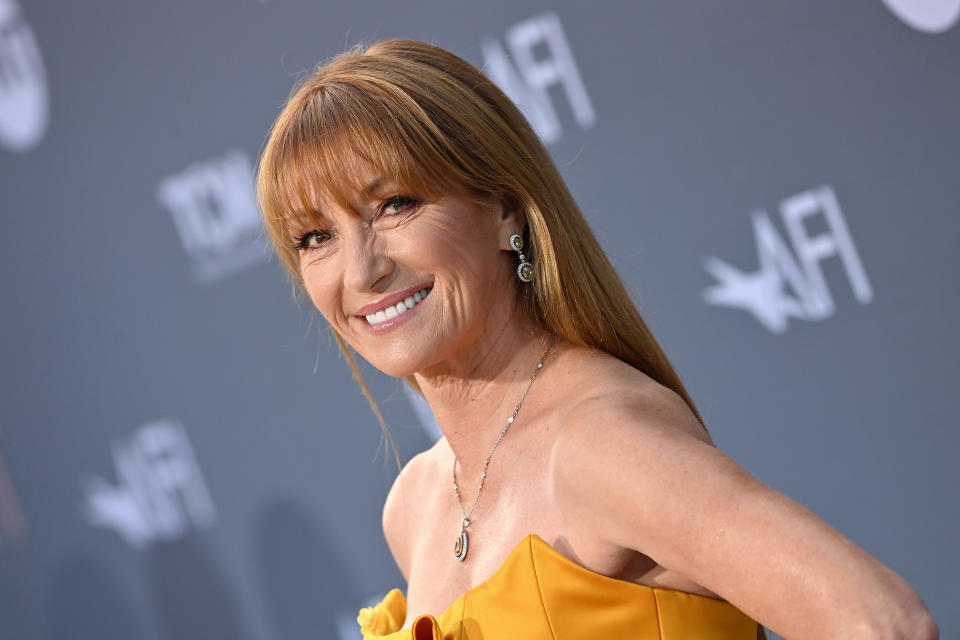
Axelle/Bauer-Griffin/FilmMagic/Getty Images
A large percentage of women who feel overlooked also suffer from low self-esteem and lack of confidence.
“Feeling comfortable in your own skin and feeling that you actually matter is something only you can do,” says Jane, who admits she’s very comfortable at her age and stage of life as a mother and grandmother.
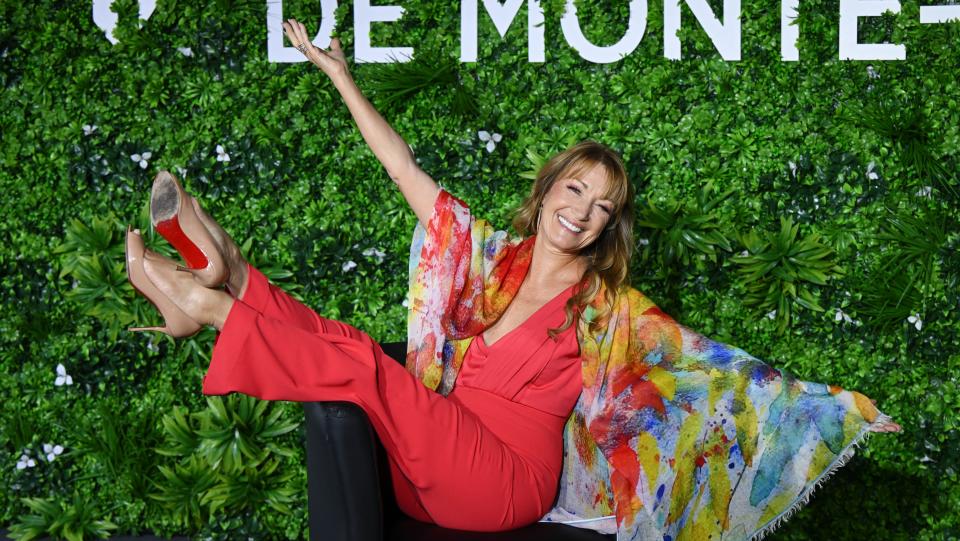
Stephane Cardinale - Corbis/Corbis via Getty Images
“But nobody’s life is perfect. My mother always said, everyone in life has challenges. Most of us hide it and don’t want anyone to know of our private pain, but having conversations with a support group, friend or even yourself can be very empowering. Say to yourself, 'I deserve to feel the best that I can, I deserve to know why this is hurting … my opinion might be useful and it matters.'”
For more information on the Speak Up in BE campaign, visit SpeakUpinBronchiectasis.com.
For more of your favorite strong women, click through below!
From ‘Cheers’ to ‘Barbie,’ Take A Look Back At Rhea Perlman’s Life and Career
‘Duck Dynasty’ Matriarch Kay Robertson Shares How God Saved Her Marriage (EXCLUSIVE)
